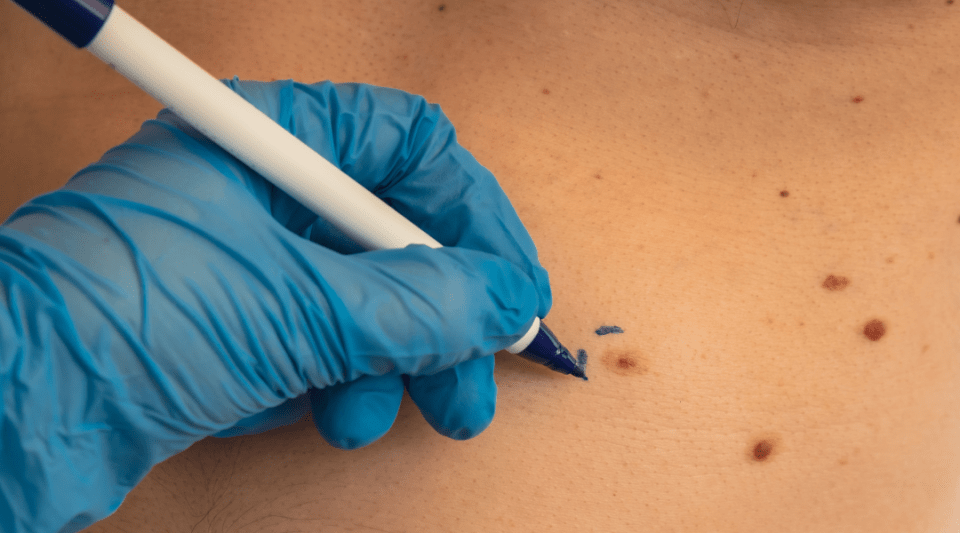Inflammatory Bowel Disease (IBD) is an inflammation of the colon and/or small intestine. Although most of the symptoms are related to the digestive system, some people are affected in other parts of the body, such as the joints, skin and eyes.
The disease usually occurs in the form of flare-ups. That is, there is an active phase, where symptoms occur, and a remission phase, where the disease has no symptoms. Changes in bowel movements - whether their frequency, consistency or composition - or abdominal pain are some of the main symptoms of this type of disease. However, it has been observed that other parts of the body not related to the digestive tract may be affected. Although joint pain is the most common manifestation, skin lesions, eye inflammation, mouth ulcers, liver disease, gallstones and kidney stones may also occur.
In addition, patients with IBD have a greater predisposition to have arthritis in large joints, especially the lower limbs (knees and ankles), which appear in the form of flare-ups. These effects are more frequent in patients with severe intestinal disease.
When the intestinal disease subsides, these symptoms usually improve. However, sometimes specific medication may be required. Other very common symptoms are fatigue, loss of appetite and weight, with others possibly appearing more or less frequently depending on the type of disease.
An unknown disease
Although the exact cause is not known, there are certain factors considered to be involved in the development of inflammatory bowel disease. Inflammation of the digestive tract occurs due to a disproportionate response of the immune system against some agent. Therefore, despite not being hereditary, there could be a certain genetic predisposition that triggers this abnormal response to certain environmental factors (e.g. infections and tobacco). It is also believed that this inflammation may be due to an exaggerated response of the immune system against substances from the intestinal microbiota.
Inflammatory Bowel Disease in Spain
In Spain, the disease affects between 87 and 110 people per 100,000 inhabitants. It can appear at any age, although it is common in young people of 20-30 years of age, and in the adult population of 50-70 years old. Ulcerative colitis and Crohn's disease are the best known types of IBD.
Proper diagnosis of the type of inflammatory bowel disease is essential to identify the inflamed areas and the severity of the lesions. It also allows an individualised study of the best treatment for each patient.
Being a chronic disease, there is no known drug that cures the disease. However, there is a wide range of treatments that control symptoms and improve quality of life for people living with IBD. In addition, healthy lifestyle habits, both physical and mental, can help improve control.






